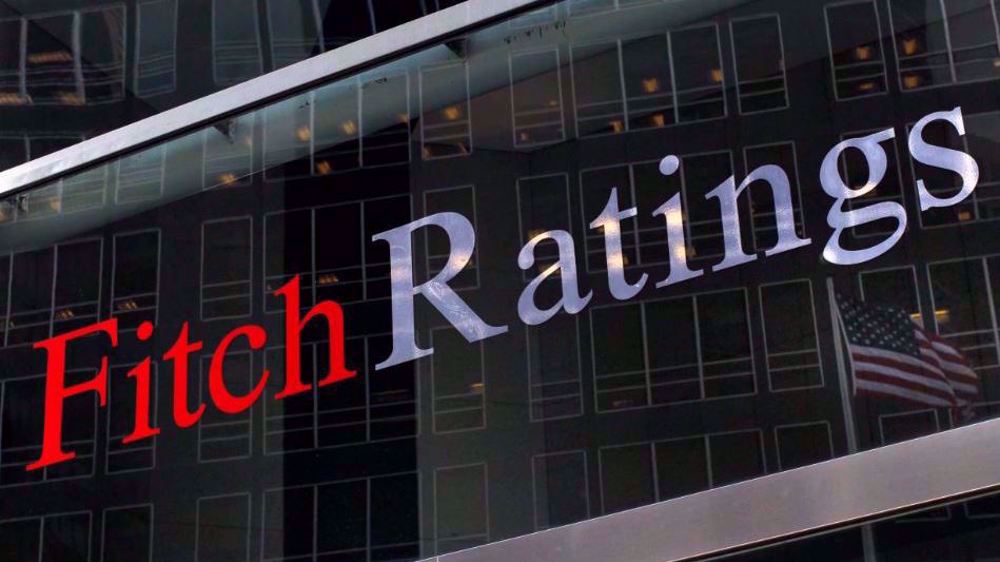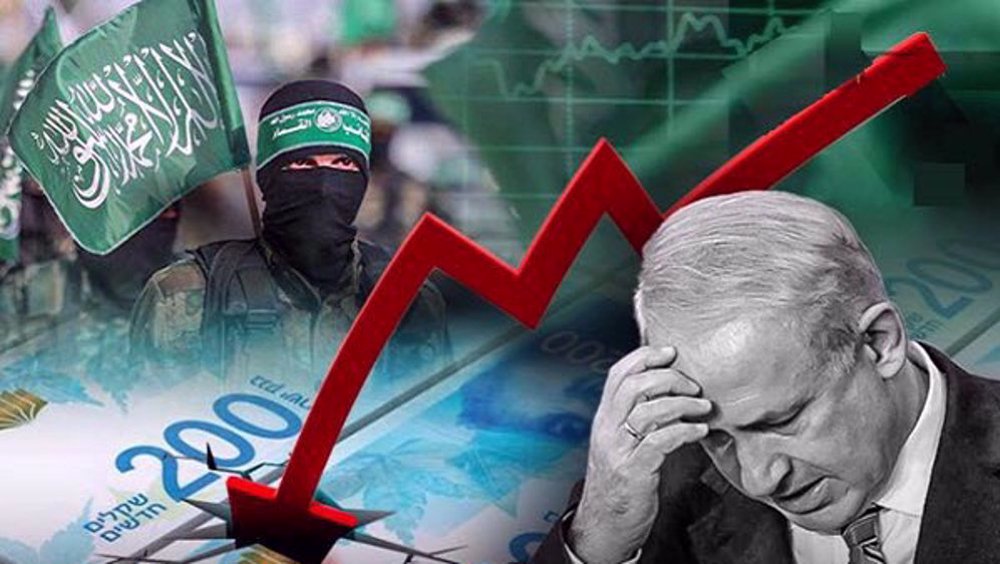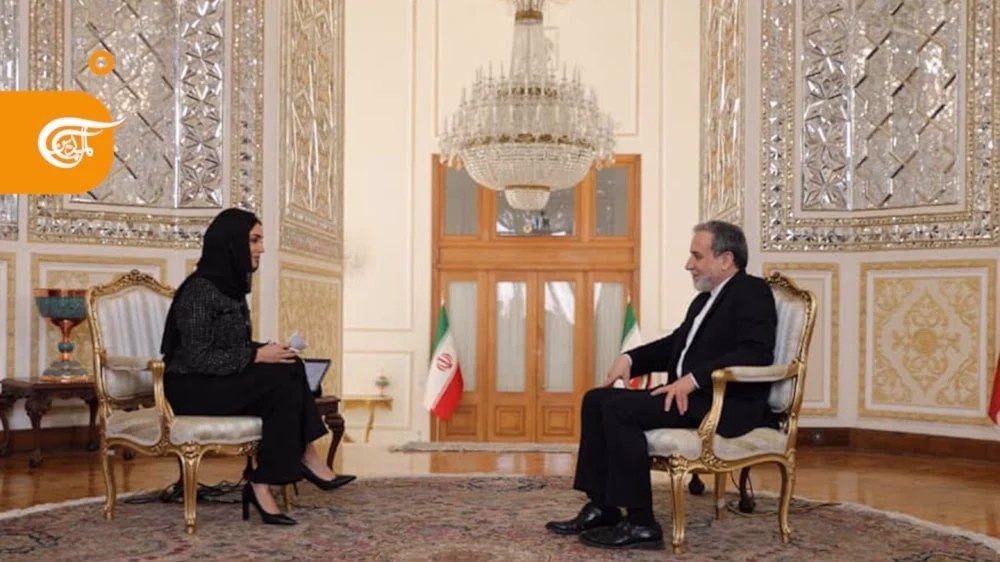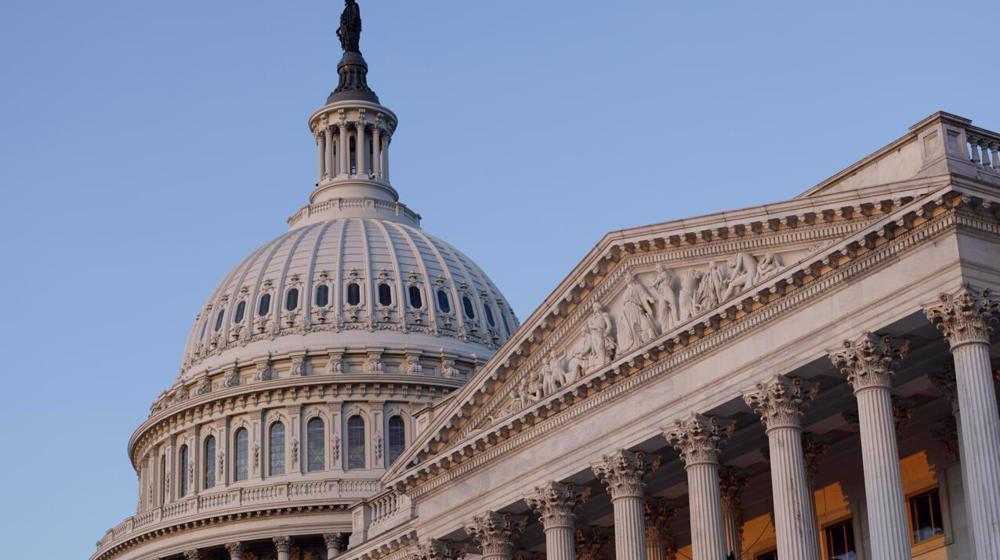Fitch Ratings lands ‘severe blow’ on Israeli economy by cutting credit rating
Israel’s economy has been dealt a "severe blow" after a leading international credit rating agency downgraded the regime’s credit rating once again as Tel Aviv’s brutal war on the besieged Gaza Strip drags on after more than ten months and Iran’s potential retaliatory attack is on the horizon.
In a statement on Monday, American rating agency Fitch Ratings declared that it kept a negative outlook Israel’s credit, meaning that it could downgrade the rating again in the future, as it cut the credit rating from “A+” to “A.”
“The downgrade to ‘A’ reflects the impact of the continuation of the war in Gaza, heightened geopolitical risks and military operations on multiple fronts,” the reputed credit rating agency stressed.
The downgrade highlights the financial impact of the ongoing campaign of genocide in Gaza, which has also resulted in killing nearly 40,000 Palestinians and wounding over 90,000, and has destabilized the region and the world. Fitch analysts noted that the war in Gaza might extend into 2025, warning that there are risks of the war spreading.
“In addition to human losses, (the conflict in Gaza) could result in significant additional military spending, destruction of infrastructure and more sustained damage to economic activity and investment, leading to a further deterioration of Israel’s credit metrics,” Fitch further said in its statement.
Responding to Fitch’s decision, Israeli Labor Party chairman Yair Golan said top rating agency’s move, together with the widening budget deficit, was a “severe blow” on the regime’s economy, and that it “will hurt the pocket of each” Israeli individual.
“Prices will rise again and the cost of living will skyrocket again. The downgrading of the credit rating will hurt first and foremost the weak strata, because” the Israeli cabinet “will demand further cuts in welfare, health and education,” he said.
Furthermore, Israel’s Finance Minister Bezalel Smotrich said that the rating cut was “natural”, given the war and geopolitical risks. However, he claimed that Israel’s economy remained strong.
“Israel’s economy is strong and we are navigating it correctly and responsibly,” he wrote on X on Tuesday, claiming that “the economic indicators point to the economy’s robustness and the high trust we have in the markets.”
Ongoing Israeli air, land, and sea bombardments are wreaking havoc across the Gaza Strip, leading to increased civilian casualties, widespread displacement, and significant damage to homes and essential infrastructure, while ground incursions and intense fighting persist.
Only between August 9 and 12, 198 Palestinians were killed and 430 injured in Israeli attacks, excluding those whose bodies are yet to be identified, according to the Ministry of Health in Gaza.
On July 31, Israel assassinated Ismail Haniyeh, the head of the political bureau of the Palestinian Hamas resistance group, in the Iranian capital Tehran.
Leader of the Islamic Revolution Ayatollah Seyyed Ali Khamenei has warned Israel of a “harsh punishment,” saying Iran sees it as its duty to avenge the blood of Haniyeh.
VIDEO | Press TV's news headlines
Iran FM: Response to Israeli aggression 'inevitable'
VIDEO | Iran eases the rules for exporting hand-woven carpets
VIDEO | Intl. Day for the Elimination of Violence against Women: A stark reminder of Gaza women
Australia denies ex-Israeli minister Shaked visa
VIDEO | 85% of Yemeni displaced people face daily hunger crisis
US House passes bill targeting charities and pro-Palestine groups
VIDEO | Supporting Gaza genocide











 This makes it easy to access the Press TV website
This makes it easy to access the Press TV website